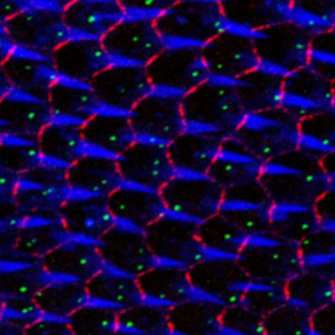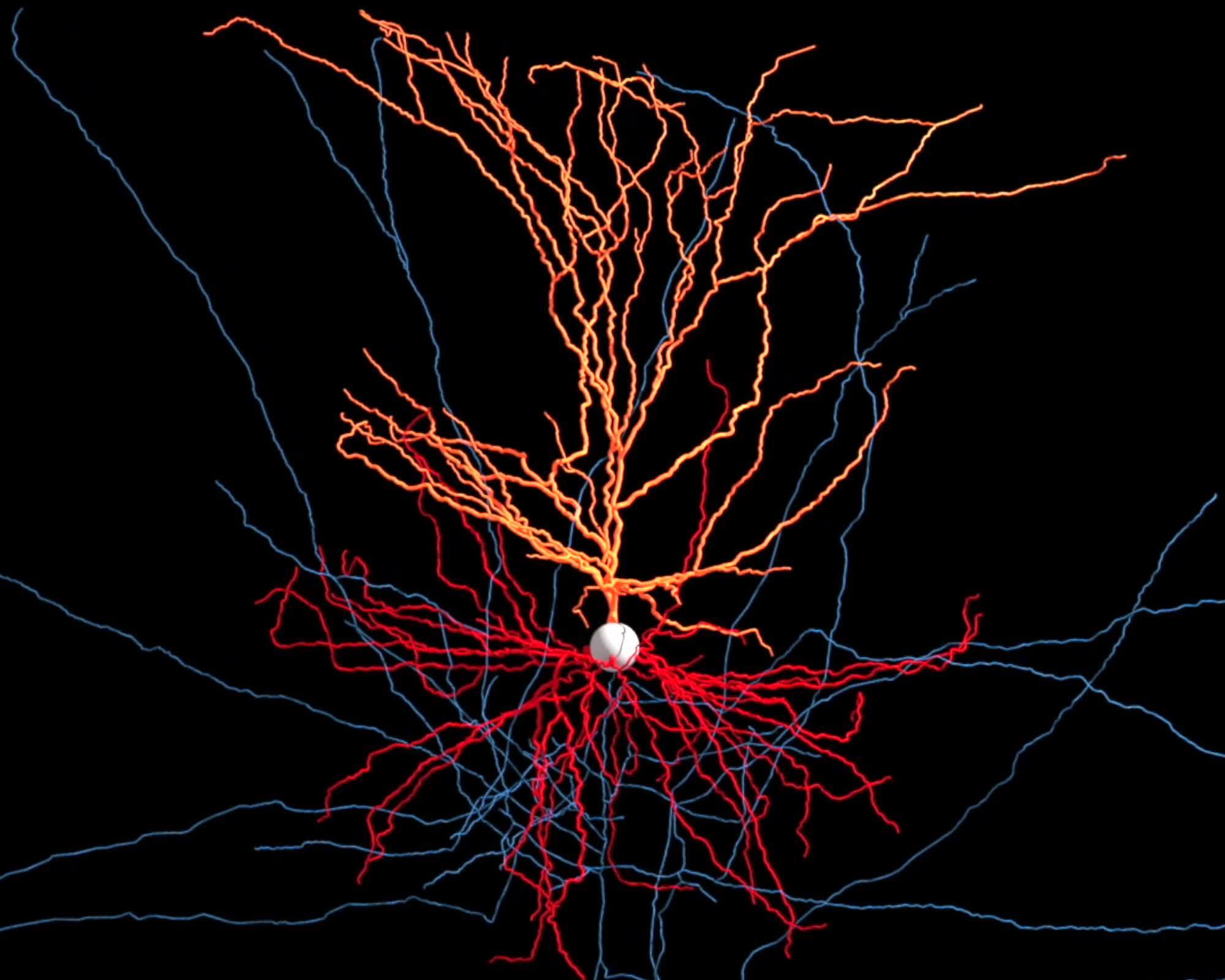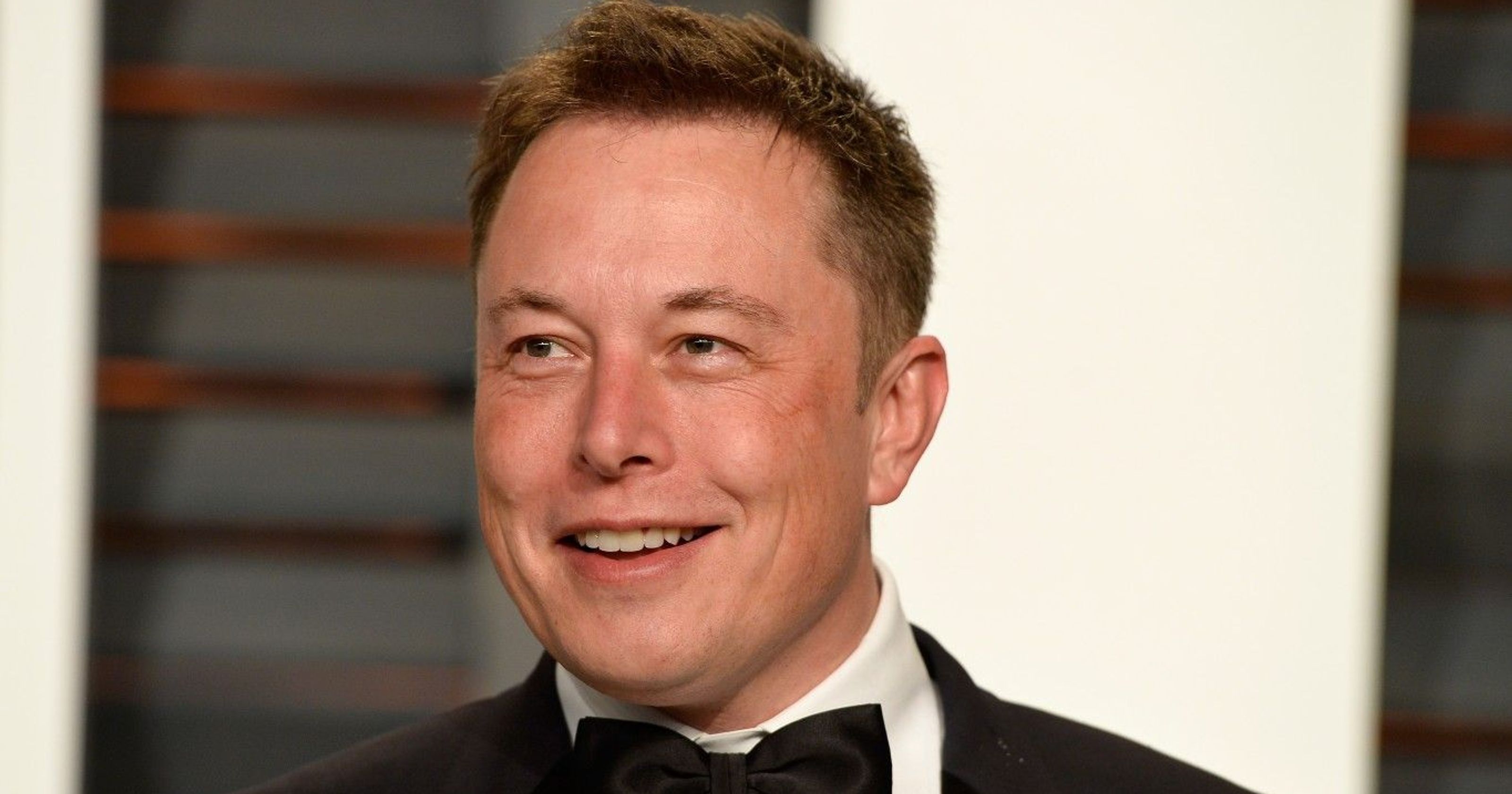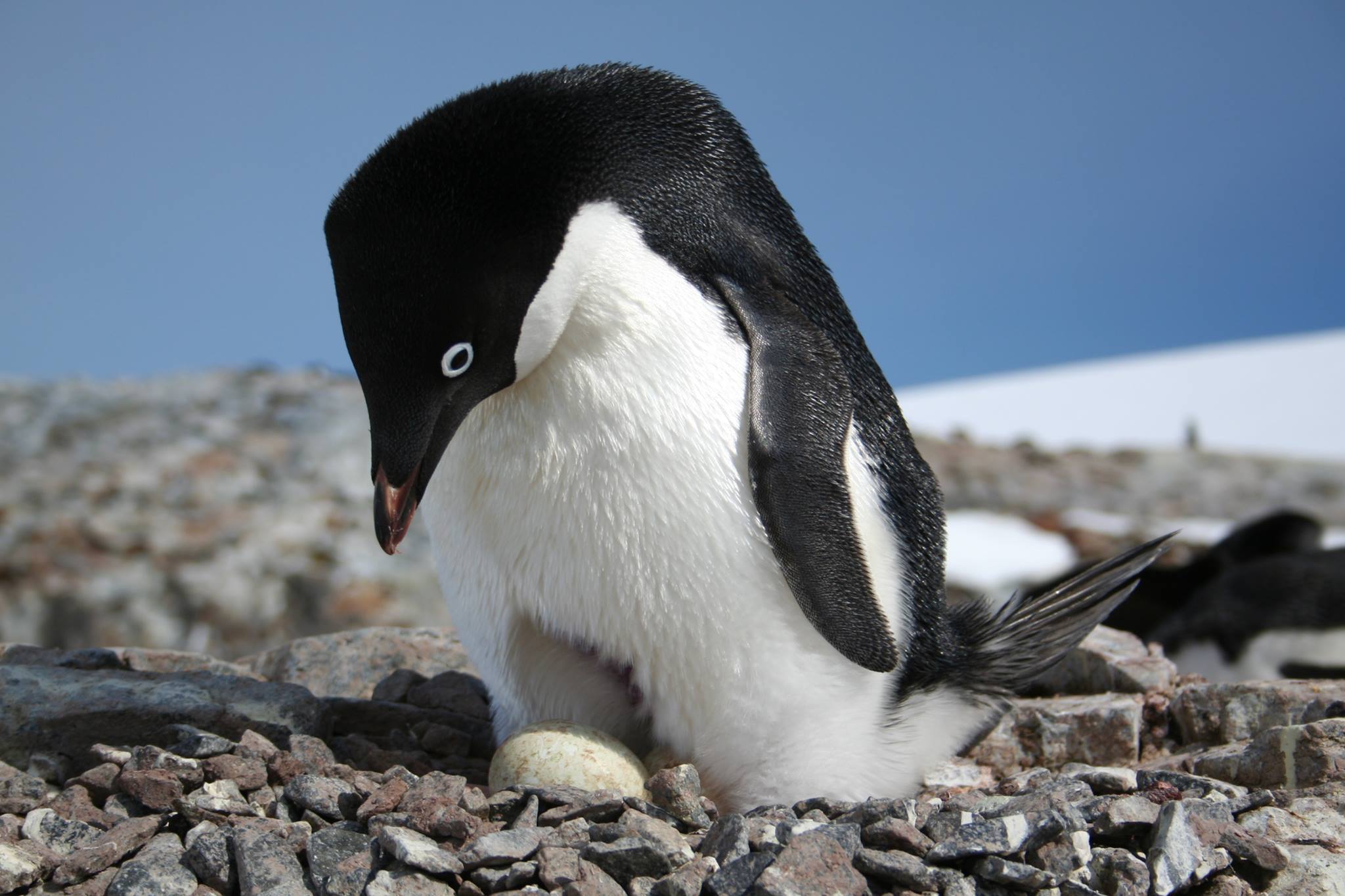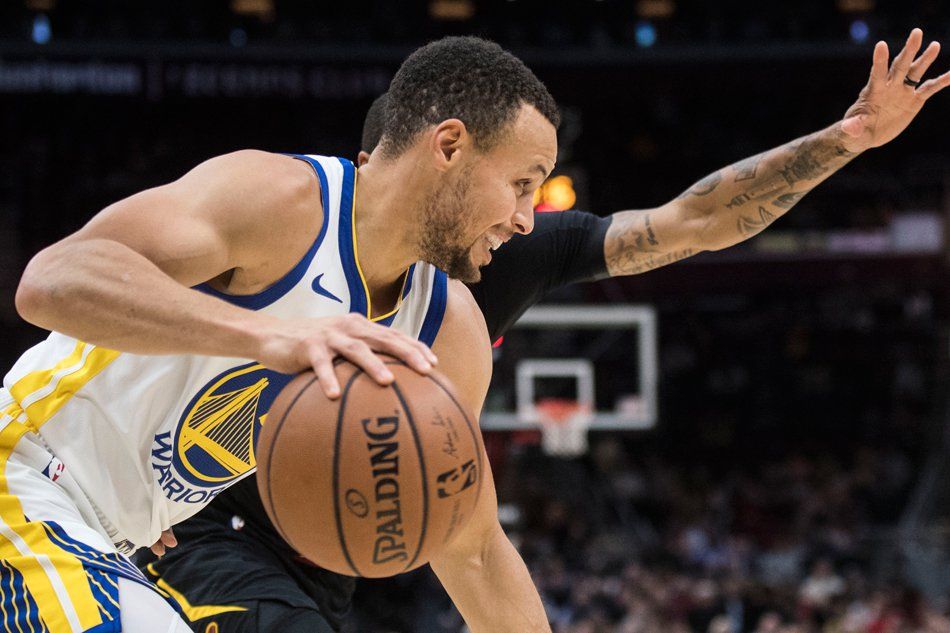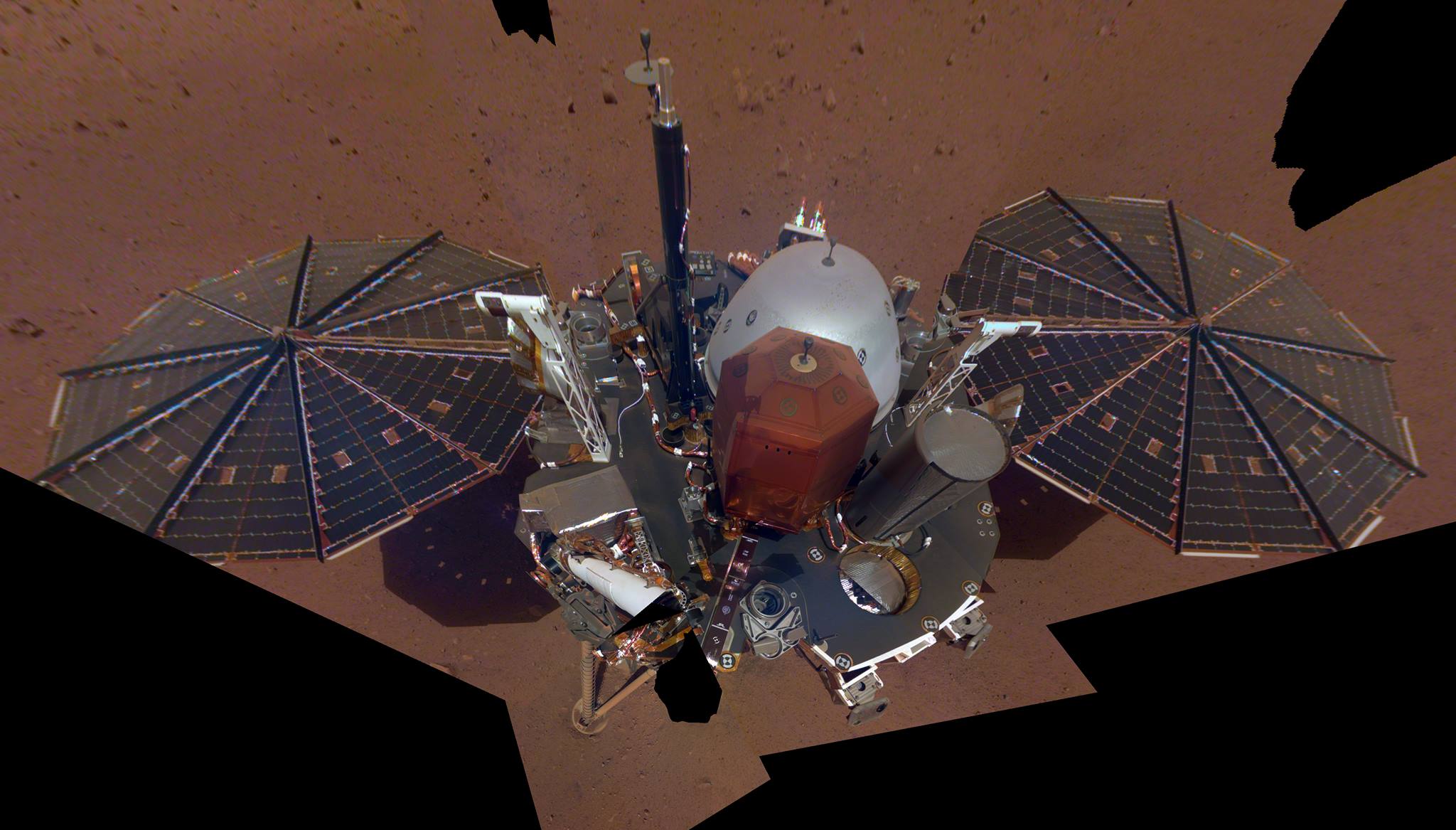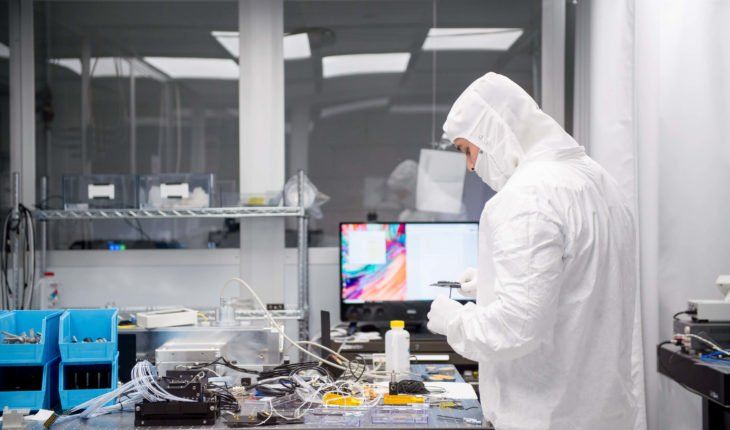Investigators from the Neurodegenerative Diseases Research Group at the University of Extremadura are studying signaling mediated by a pathway known as planar cell polarity (PCP), which regulates the coordinated orientation of cells during organogenesis, the process of organ formation in living organisms. This pathway has been highly conserved on the evolutionary scale, and one of its key functions in vertebrates is the regulation of the coordinated positioning of centrioles/ciliary basal cells inside cells.
This signaling pathway was discovered initially in the fruit fly genus Drosophila, although the majority of the pathway components have been retained in humans. It has likewise been observed that certain pathologies such as hydrocephaly, infertility and some kinds of cancers are associated with defective functioning of this signaling.
Under the auspices of the project EPICENTR within the Spanish national research plan, whose objective is to study the planar polarisation of centrioles in epithelial cells, the UEx researchers have now published the first results of their investigation in the journal Development. These results are related to the polarised positioning mechanism of centrioles in Drosophila and its correlation with actin.
